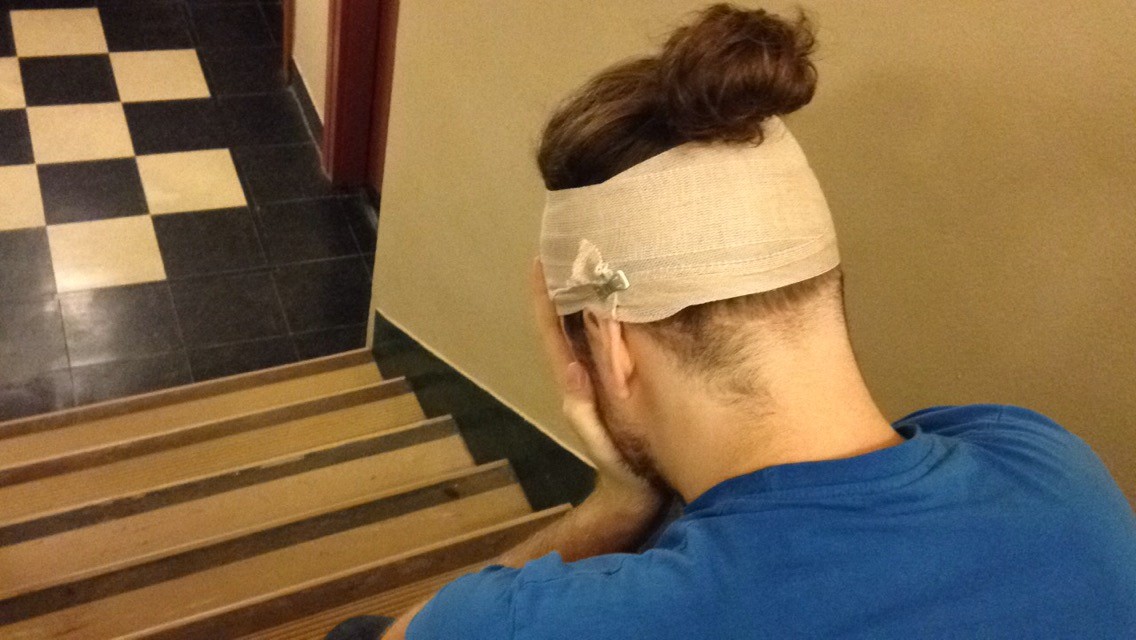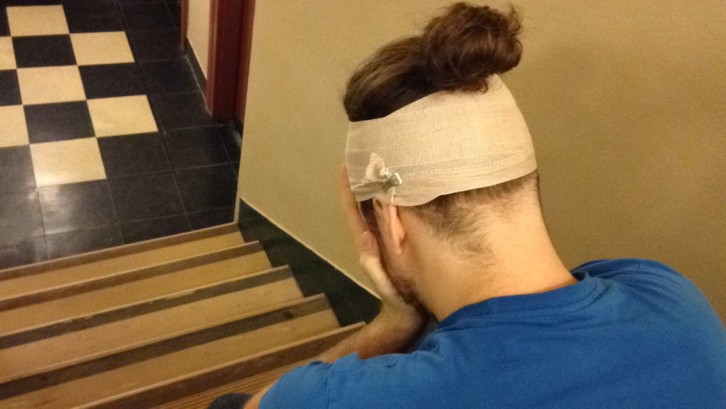Mental Health
Red Cross integrating mental health into first-aid training
Changes to training will take place by 2017

caption
“If someone has a broken arm, that’s pretty easy to spot but for someone who’s going through depression or is suicidal, those aren’t so visible”
caption
“If someone has a broken arm, that’s pretty easy to spot but for someone who’s going through depression or is suicidal, those aren’t so visible”The Red Cross of Canada announced this week it would be adding a mental health component to its first aid training.
Dan Bedell, a spokesperson with the Red Cross of Canada, says the program will be fully implemented over the next year.
“Now it covers the basics around trauma, cuts, broken bones and cardiac arrest,” Bedell said. “Going forward, there will be time spent on the signs and symptoms of mental distress and what you do about it.”
Bedell says the mental health component will give trainees the ability to help those with mental distress until they can get them to professionals.
“If someone has a broken arm, that’s pretty easy to spot,” Bedell said. “But for someone who’s going through depression or is suicidal, those aren’t so visible.”
The programs are partially funded by Bell, through a $150,000 donation from its Bell Let’s Talk program.
“It will become part of the normal first aid training we provide to people in Nova Scotia and across the country,” Bedell said.
The mental health aspect will be integrated into both standard and emergency first aid training courses by 2017.
Bedell says the Red Cross trains approximately 35,000 people per year in the Atlantic provinces alone.
The Red Cross will also be providing more in-depth training for its employees. The training will help first responders to disasters—such as hurricanes or house fires—deal with the mental health problems of the victims .
St. John Ambulance, which also trains people across Canada in first aid, implemented a mental health first aid program of its own in late 2014.
However, its programs are a separate two-day training course and not integrated with the normal first-aid training.
Laurel Hache, who works with St. John Ambulance, says the decision to introduce mental health components into a normal first aid program will come from the national level.
“I think you’re going to see that in 2016 as we roll out our new first-aid program,” she said.
However, Hache says adding a small component for mental health in a standard first aid training program won’t be as effective as their current two-day program.
She says that mental health training is an important part of St. John Ambulance’s training going forward.
“If you want to take care of a whole person, you’re taking care of mental health as well as physical health,” Hache said. “It is a topic that complements what we do at St. John Ambulance.”

